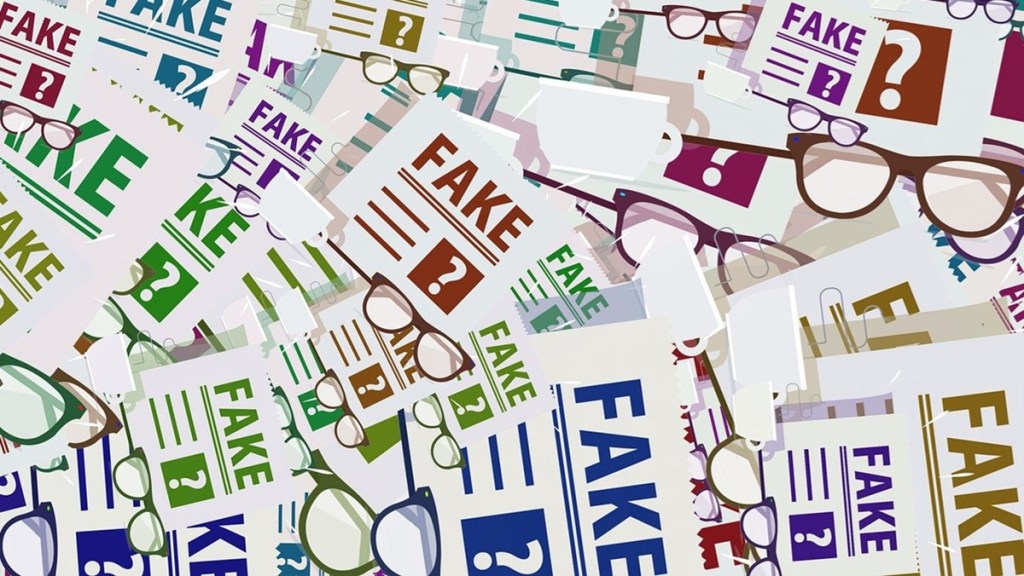– By Manoj Kochar
In the complex jumble of India’s economic landscape, the menace of counterfeiting and illicit trade has become a persistent threat, siphoning precious resources and eroding consumer rights. Over the past two decades, India has found itself at the forefront of an intricate and intense battle against the proliferation of counterfeit goods. While technological advancements propel the nation forward, ingenious criminals adeptly exploit these innovations, creating new avenues to deceive consumers with substandard, ineffective, and sometimes hazardous products in deceptive packaging.
A recent consumer perception study conducted jointly by ASPA and CRISIL has unveiled alarming statistics, indicating that counterfeiting constitutes a substantial 25-30% of the market (State of Counterfeiting in India 2022). This pervasive issue is particularly rampant in critical sectors such as Pharmaceuticals, Agri-products, Apparel, Automotive, FMCG, and Consumer Durables. The study also reveals a disconcerting reality- almost 27% of consumers were oblivious to the fact that the products they purchased were counterfeit at the time of acquisition.
The prevalence of counterfeiting is acutely evident in specific sectors, with Apparel (31%), FMCG (28%), and Automotive (25%) leading the unfortunate charge. Pharmaceuticals (20%), Consumer Durables (17%), and Agrochemicals (16%) follow closely. Despite commendable efforts by the government, particularly in the pharmaceutical domain, and responsible brands investing in product protection solutions, a unified national strategy is imperative to curtail the economic losses resulting from these illicit activities.
India’s proactive stance in combating counterfeiting extends across various industries, including medical devices. Despite commendable efforts, challenges persist in the regulation of medical devices. The existing legal framework governing medical devices in India is often cryptic, leaving room for counterfeit products to evade regulations. Globally, an alarming 8-10% of all medical devices are of fake origin, posing severe threats to public health and eroding trust in the healthcare system. The need for strengthened regulations in this sector is among the most viable ways to ensure comprehensive clinical investigations and, consequently, the safety of patients.
Recognising the gravity of the counterfeiting challenge, India has implemented various legislative measures to combat counterfeiting, both in physical and online markets. The Trademarks Act, the Copyright Act, and the Customs Act of 1962 are integral components of the legal framework, prohibiting the import or export of goods violating patents, trademarks, copyrights, designs, and geographical indications. The Prevention of Money Laundering Act (PMLA), which was first designed to handle criminal proceeds, has now been expanded to cover IP laws and the financial implications of counterfeiting.
India’s prowess in traceability and authentication solutions is globally recognised. The Indian authentication industry boasts maturity and reliability, with members of ASPA being at the forefront of innovation. In response to evolving technologies, authentication solution suppliers have transitioned from traditional holographic solutions to multi-technology-based solutions for physical verification. The integration of physical and digital solutions, commonly known as PhyGital solutions, exemplifies the industry’s commitment to excellence. Several Indian companies export these state-of-the-art solutions worldwide, contributing to the global fight against counterfeiting.
India’s enduring commitment to battling counterfeiting for the last two decades reflects a multi-faceted approach, combining technological innovation, legislative reinforcement, global cooperation, and public awareness. While challenges persist, particularly in sectors like medical devices, the nation’s proactive measures and collaboration with stakeholders position it as a formidable force in the global fight against counterfeiting. Continued efforts, industry collaboration, and regulatory support will be pivotal in sustaining India’s position at the forefront of this critical battle.
(Manoj Kochar is the President of Authentication Solution Providers’ Association (ASPA).)
(Disclaimer: Views expressed are personal and do not reflect the official position or policy of Financial Express Online. Reproducing this content without permission is prohibited.)


